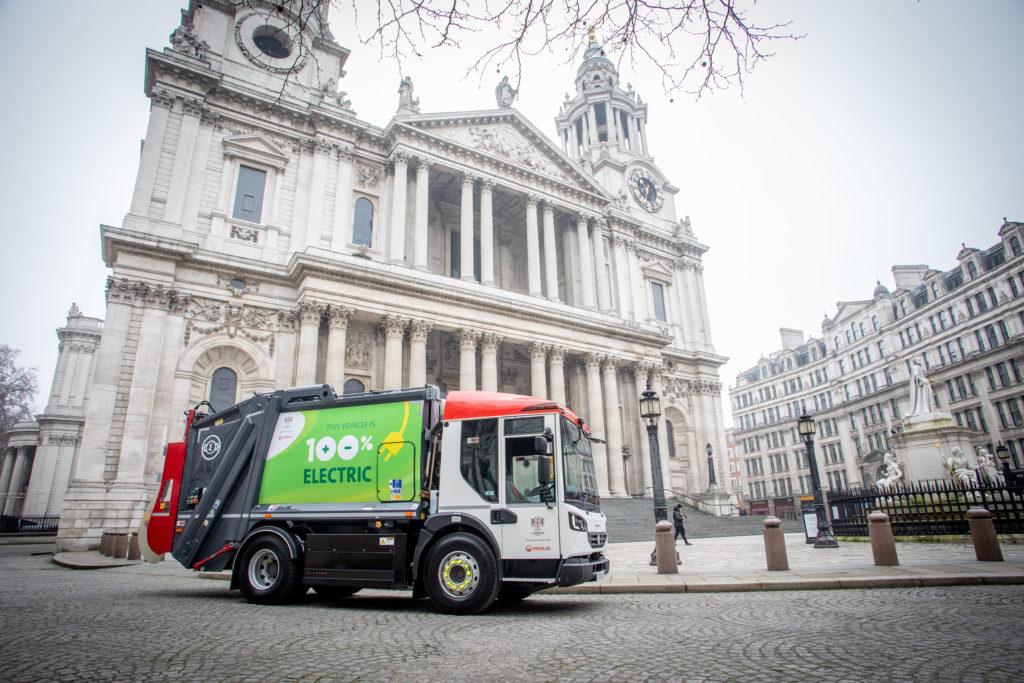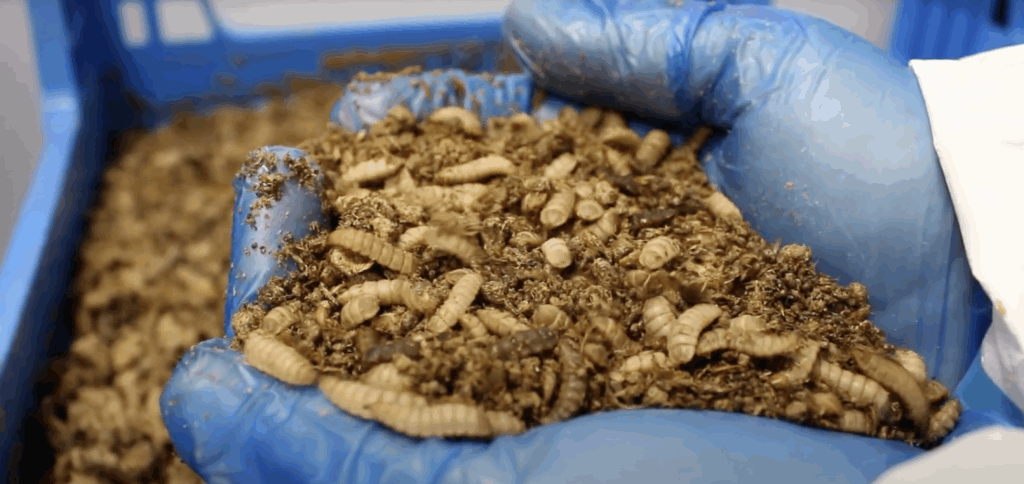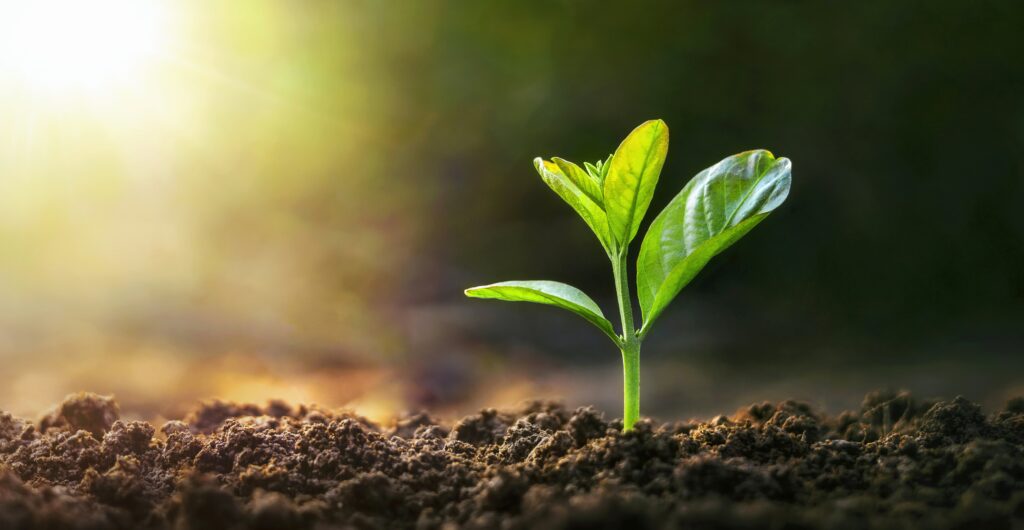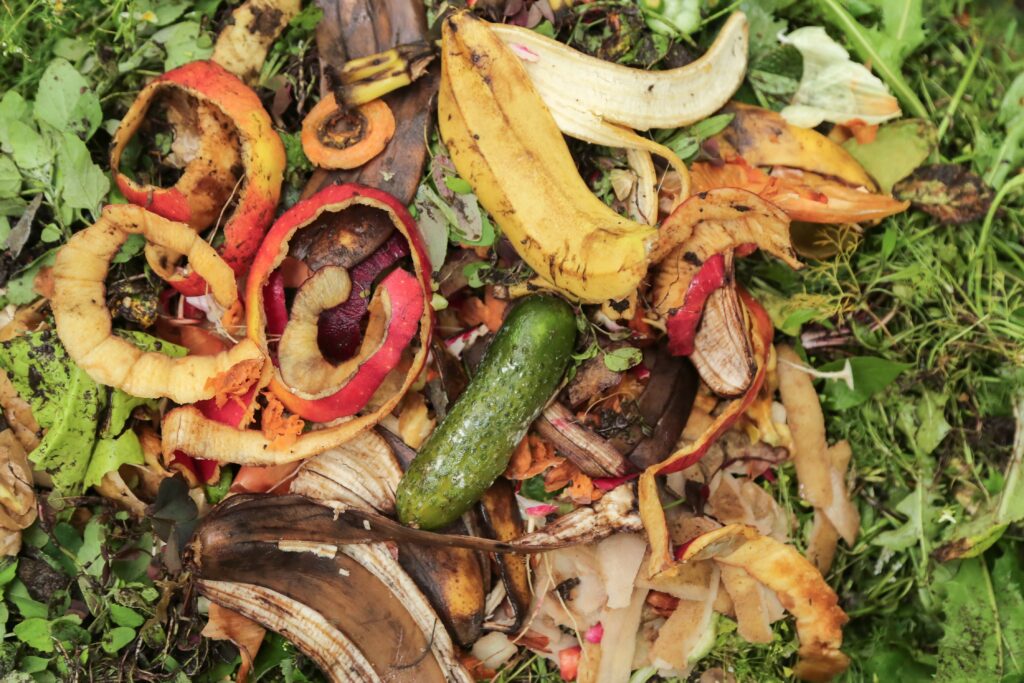The local authority explained that the trial was initially rolled out in 2019 out to around 7,000 households and has collected over 700 tonnes of food waste since its introduction.
The service was then expanded through a phased approach, the first phase of which commenced towards the end of February 2022.
The upcoming fourth phase will see the service expanded to households in Westbourne, Bayswater, Lancaster Gate, Hyde Park and Knightsbridge and Belgravia wards.
This is to take place from the end of this month, with “suitable” kerbside properties being the first to receive the service from the week commencing 30 January.
Service
Housing estate and mansion blocks are to follow suit from the week commencing 20 February, along with neighbourhood bin service in the south of Westminster aimed at properties that are “not suitable for either a kerbside or communal food waste recycling bin service”. The latter was first launched during October 2022 in the north of Westminster.
The council outlined that it will provide residents receiving kerbside collections with one roll of food waste liners made from recycled plastic, one silver 7 litre kitchen bin, one black 23 litre outdoor food waste bin and an instructional leaflet about the new service. Instead of an outdoor food waste bin, housing estates will be provided with communal food waste recycling bins.
Food waste
The local authority reasoned that the food waste recycling service will help reduce the council’s environmental impact, as food waste comprises around 30% of its residual waste.
The continuing rollout of the service, which started in March 2022, is part of its climate emergency action plan and aims to improve its recycling rate.
The council said that everything collected is sent for processing in Biogen’s anaerobic digestion facility in Hertfordshire. Any food waste liners removed at the start of the process are also disposed of by Biogen and sent to an energy from waste facility, the local authority added.








Subscribe for free